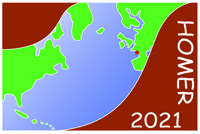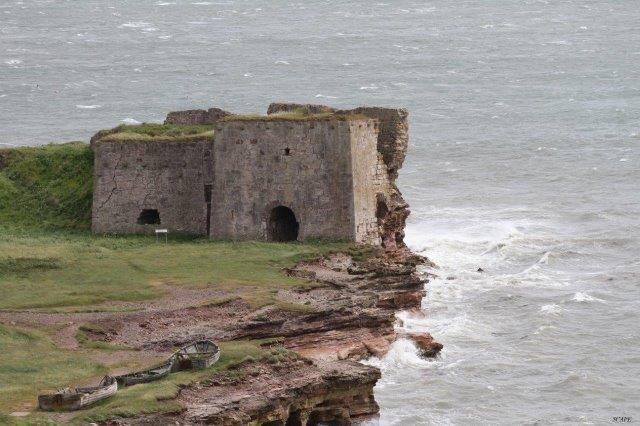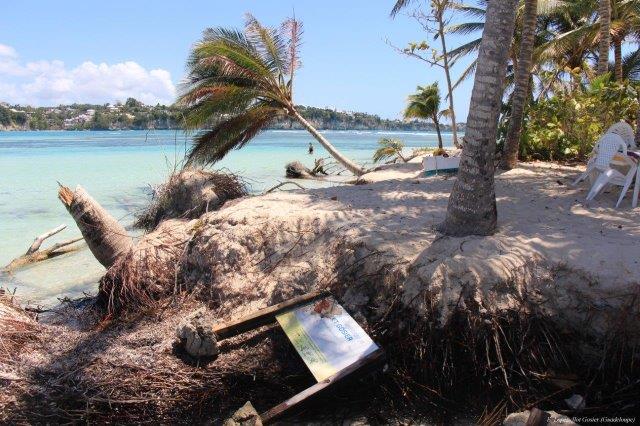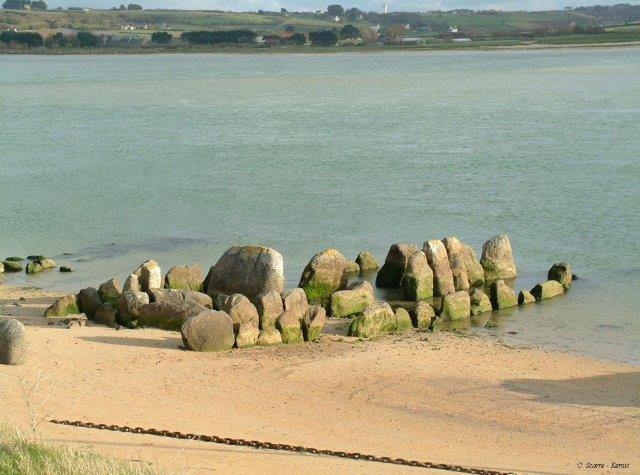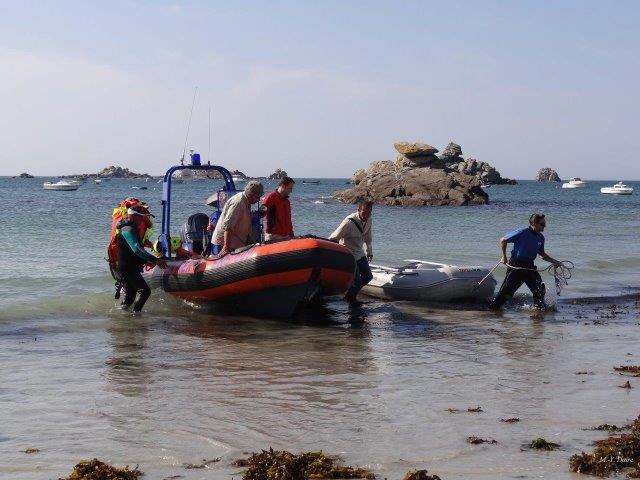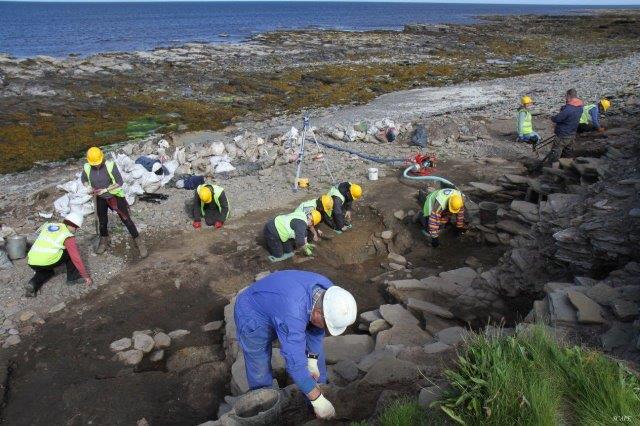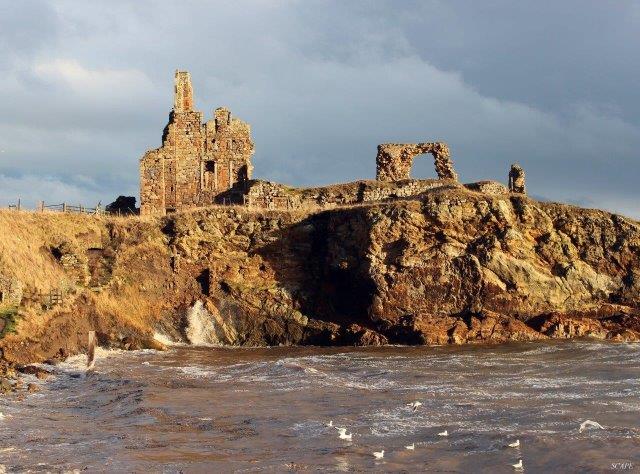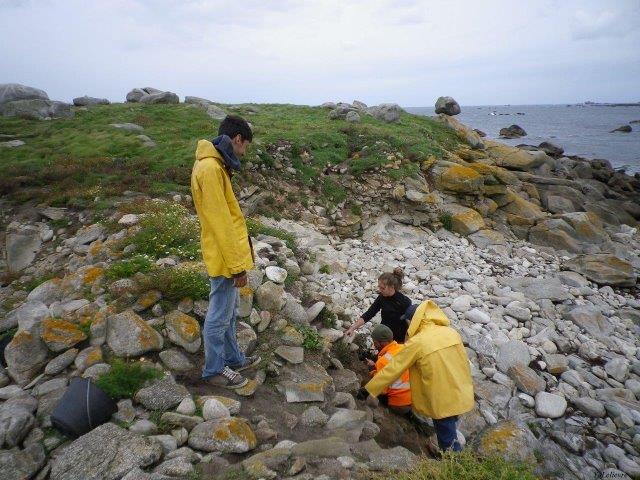Sessions > Session 1
HOMER 2020 - Session 1: Coastal and maritime archaeology: today's ChallengesThis session will discuss the challenges faced by coastal and maritime archaeological sites and will highlight the latest developments in research aimed at understanding threats and adapting to change. The erosion and loss of coastal sites has been accelerating since the beginning of the millennium. Contributory factors include the expansion of urban settlements and sea level rise due to global warming. Climate change also amplifies storminess, further accelerating erosion. Recent exceptional weather events, including in 2013 and 2014, have caused profound changes to many coastlines and have led to the discovery, and almost simultaneous destruction, of many archaeological sites. Year after year, new discoveries confirm the exceptional potential of the coastal and intertidal zones. A wide variety of sites, spanning a huge chronological range, have been discovered, and examples on both side of the Atlantic include settlements, megalithic monuments, burial grounds, fish traps, wharves, shipwrecks , military losses and defensive works from the World Wars. Some sites that formerly bordered the coast or maritime marshes are now partially or fully submerged, for example, Neolithic remains in Brittany, Bronze Age woodlands in Britain and Amerindian deposits in North America and the Caribbean. Others, close to cliffs or in dune environments, are endangered with physical destruction by erosion. Coastal development projects also cause grave threats to heritage; while offshore, fishing, aggregate extraction, wind farms and the laying of cables threaten submerged sites. The threats are grave, and there is little chance to stop the inevitable rise of water, slow down erosion or prevent the destruction of shipwrecks. However, research projects are emerging, backed by new methodologies and technology. These are helping to rescue something from the sea, and we invite papers that discuss methodologies for managing or preserving these fragile remnants of the past.
|
